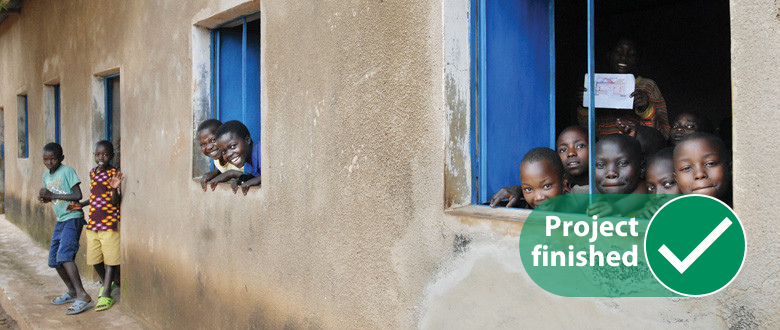
Following the abolition of school fees and the introduction of public funding, Rwanda has witnessed a large increase in primary school enrolment over the past decade. In 2003, the net enrolment rate in the first year of primary school increased dramatically after fees were abolished.
But the education system continues to face major challenges. Apart from among others budgetary constraints, it suffers from inadequate quality of education and this leads to poor learning outcomes. This is a core challenge. A lack of support for head teachers’ development of school leadership core competencies is one of the main factors contributing to this inadequate education quality.
The project gathers tangible evidence on innovative and effective ways to improve the quality of teaching and learning in primary schools through effective school leadership. The project will give insights into different capacity development techniques contributing to the development of these core school leadership competencies. It aims to demonstrate the potential impact of this on the learning outcomes of primary school pupils.
Strategic partner
- Ministry of Education (MINEDUC)
Operational partners
- Rwanda Education Board (REB)
- School Leadership and Management Unit
- 20 Districts
- 32 Sectors
- Training of trainers
- Initial training of head teachers and Sector Education Officers
- Training for Sector Education Officers in coaching intervision groups
- Forming intervision groups of the Sector Education Officers and the head teachers of the sectors
- Reflection workshops
- Coaching Sector Education Officers
- Monitoring and evaluation




